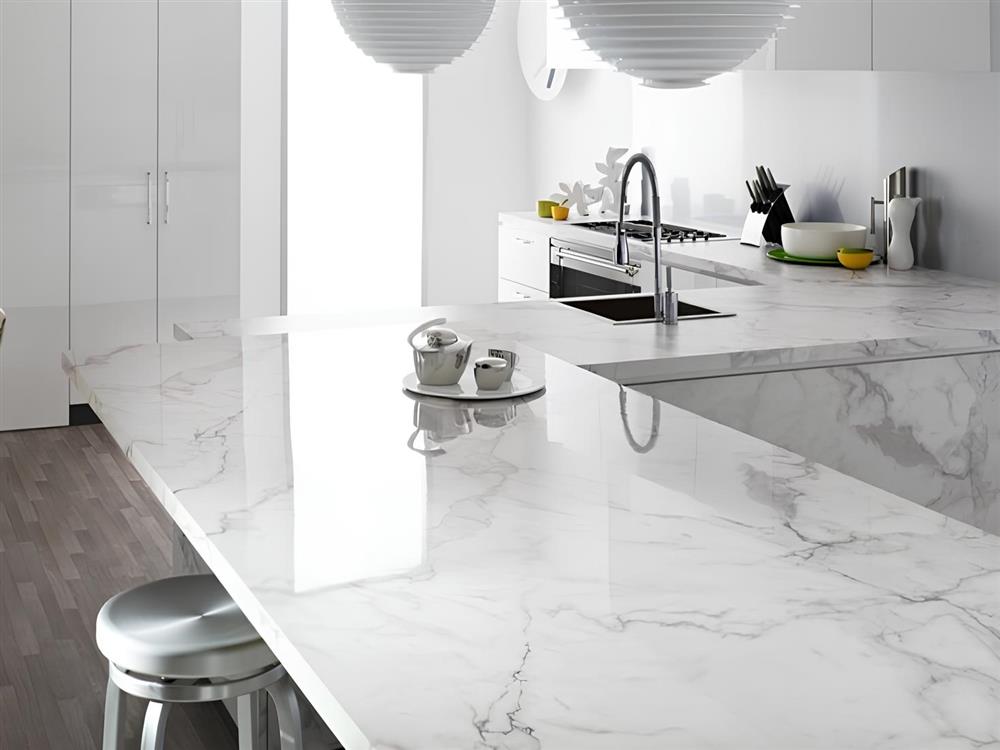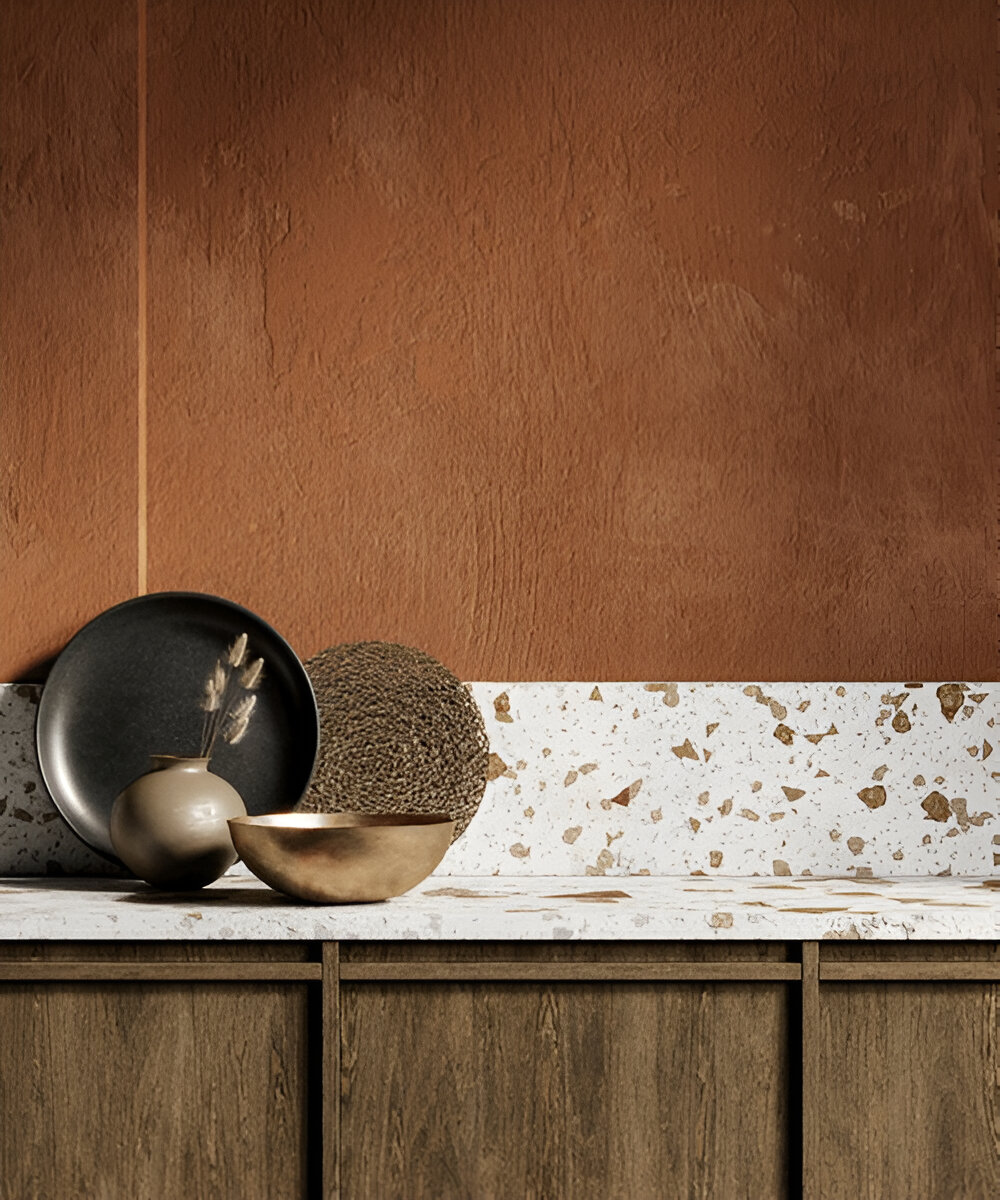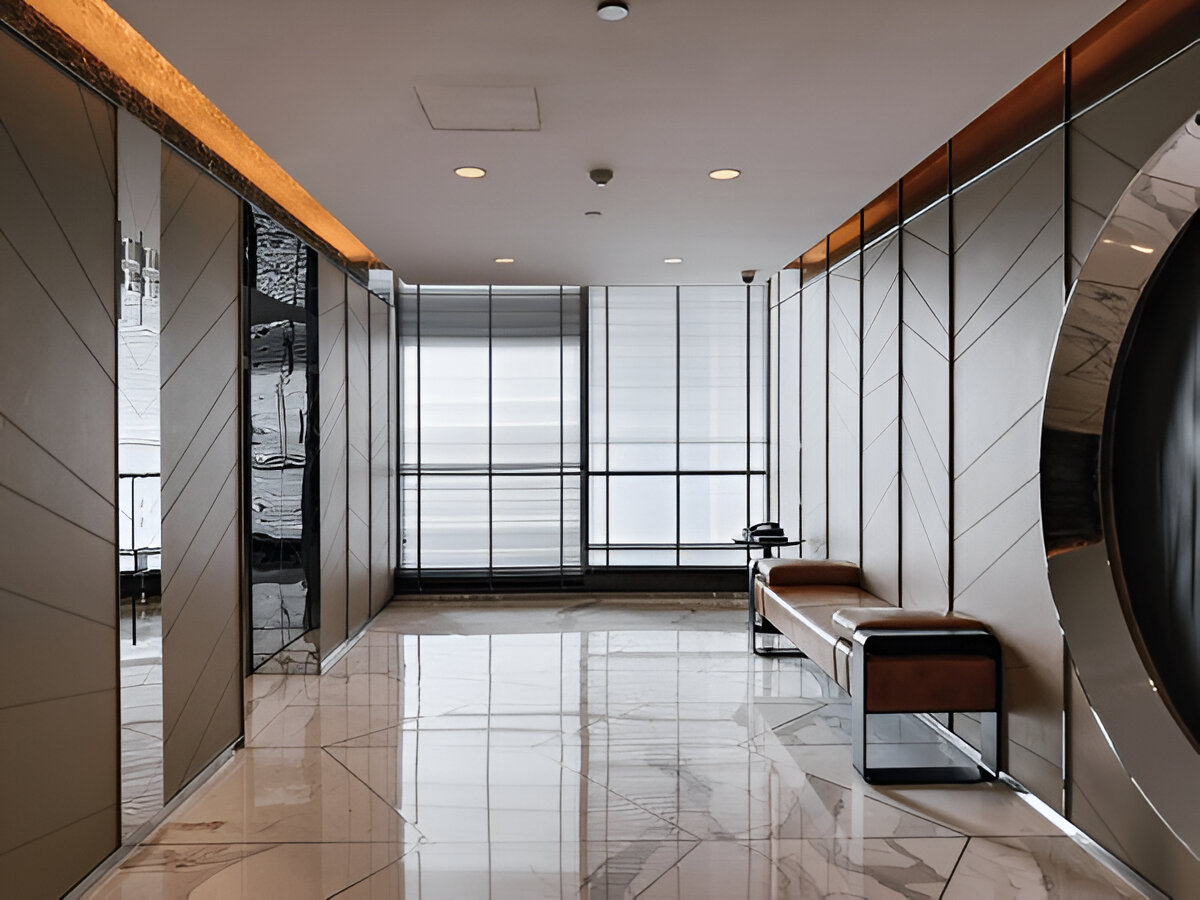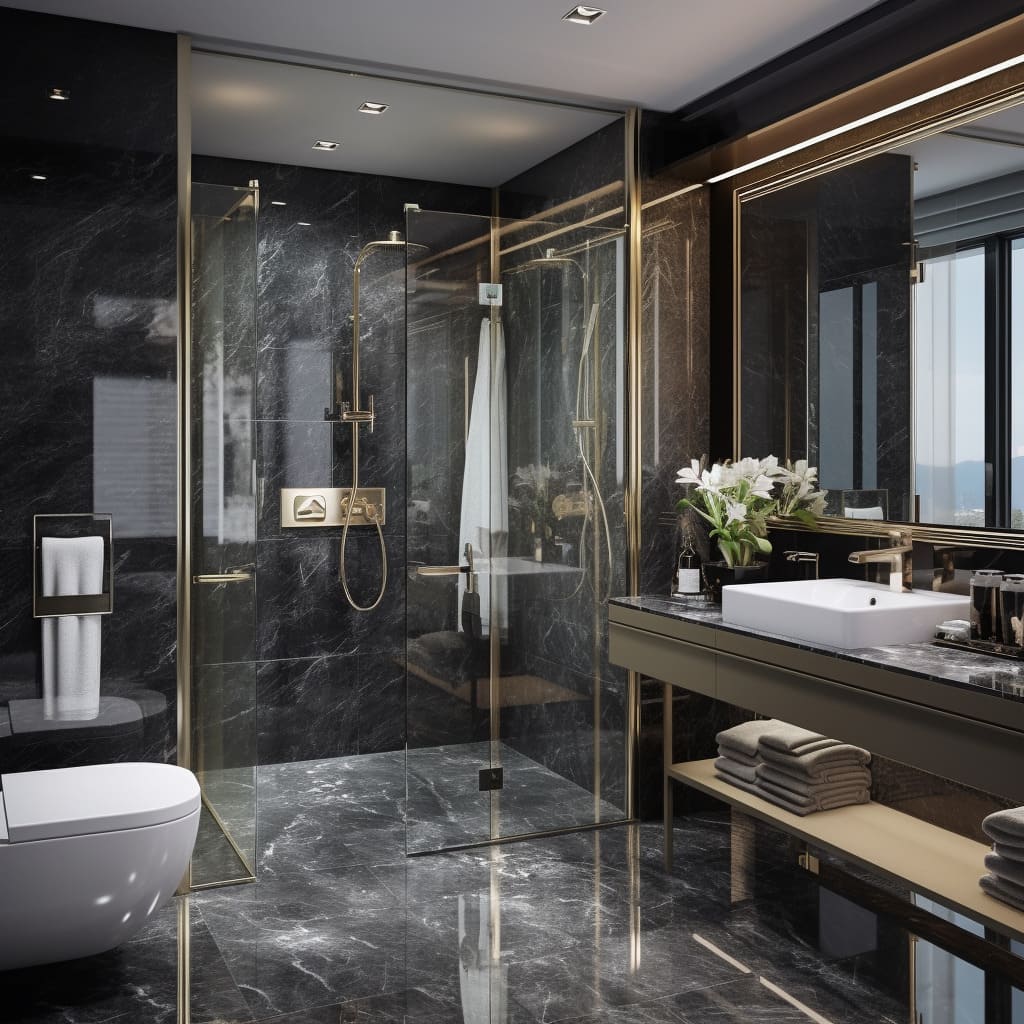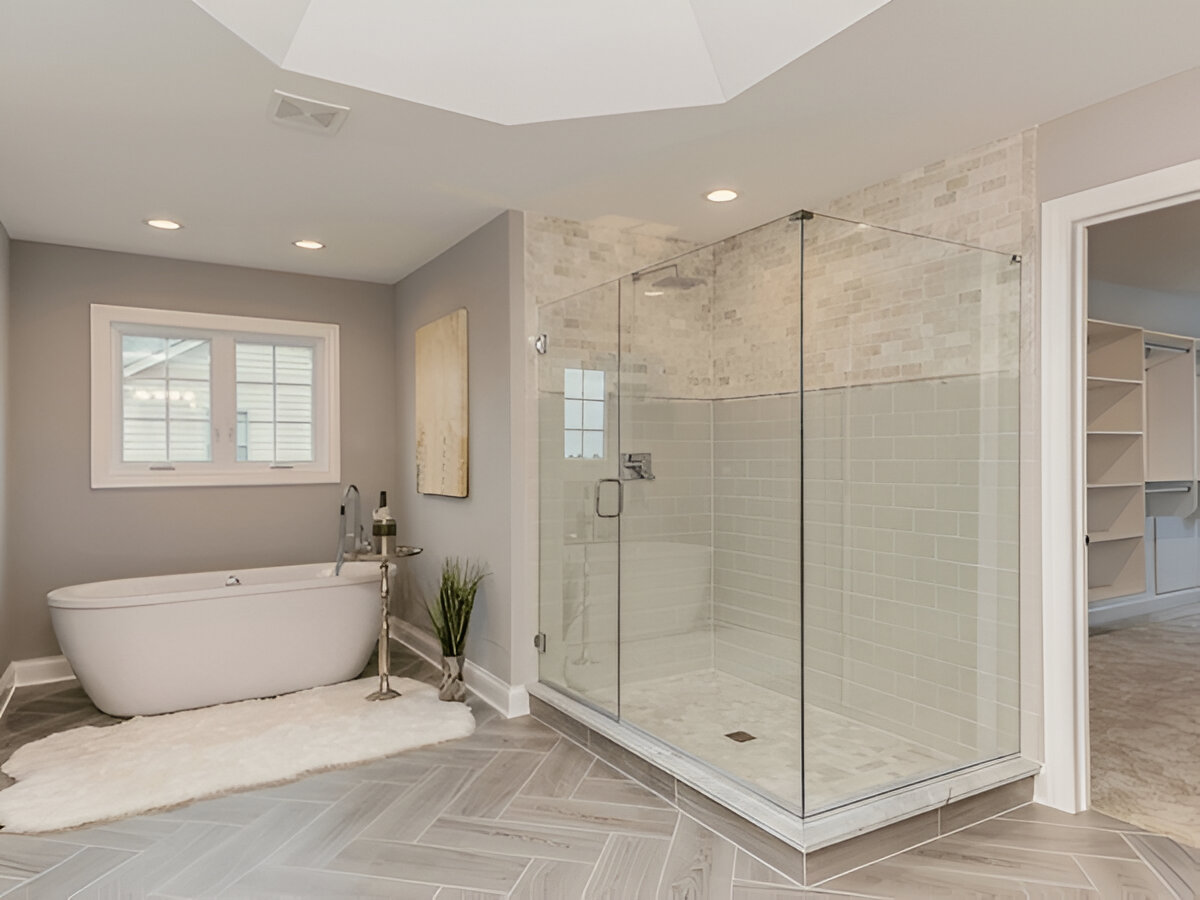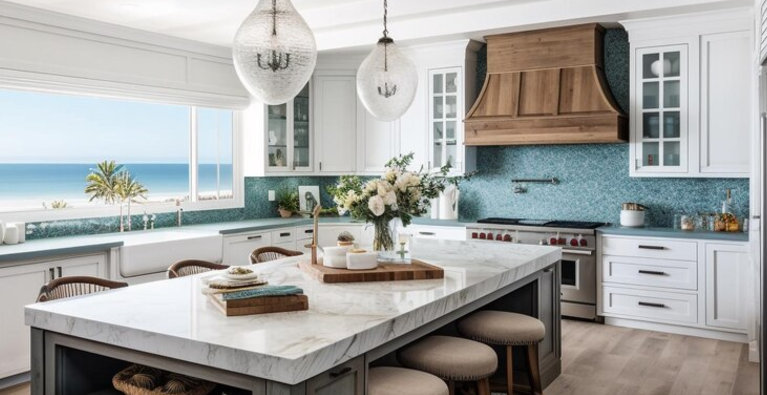What is Marbelite? What are its Advantages and Disadvantages?
Date : 25.07.2024
Marbelite is one of the most preferred materials alongside marble, especially in kitchens and bathrooms. So, what exactly is marbelite?
In this article, we will focus on the advantages and disadvantages of using marbelite. Let's examine together whether it's more advantageous to use marbelite or marble.
What is Marbelite?
Marbelite is a solid material created by pouring a mixture of marble dust, polyester resin, cobalt, and methyl ethyl ketone into molds.
Generally used in kitchen countertops, schools, restaurants, hospitals, bathrooms, and tourist facilities, marbelite is not affected by harmful substances such as acids, oils, tea, lemon juice, and acidic cleaners that are spilled on its surface.
What are the Characteristics of Marbelite?
After briefly answering what marbelite is, let's now look at its characteristics.
The characteristics of marbelite are as follows:
- It has an aesthetic appearance.
- It offers a wide range of color and pattern options.
- It is resistant to acids like lemon and vinegar, heat, burning, and scratching.
- It is lightweight and flexible.
- It is resistant to subsidence, breakage, and wear.
- It has a waterproof, leak-proof, and mold-resistant structure.
- It is more affordable compared to natural marble.
- It can withstand temperatures up to 220 degrees Celsius.
- It is hygienic, healthy, and does not harbor bacteria.
- It can be easily cleaned with chemical cleaners and is not damaged by these cleaners.
- It has no harmful effects on human and environmental health during use.
- It can be repaired if any damage occurs.
- It does not require polishing.
- It is less resistant to weight pressure compared to natural stones.
- It does not absorb spilled liquids.
What are the Areas of Use for Marbelite?
Marbelite can be used in many areas where natural marble is used.
Its areas of use are generally as follows:
- Kitchen countertops
- Hairdresser counters
- Schools
- Restaurants
- Hospitals
- Tourist facilities
- Wall coverings (as plates)
- Tables
- Coffee tables
- Decorative items
- Customer reception counters
- Computer desks
- Sink and basin castings (with or without drainboards)
- Toilets and bathtubs
- Kitchen cabinets
- Bathroom cabinets
- Drainboards
What are the Advantages of Marbelite?
After providing information on what marbelite is and its areas of use, let's move on to the advantages and disadvantages of marbelite.
The advantages of marbelite are generally as follows:
- Marbelite has a flexible structure. Thanks to its flexibility, you rarely encounter problems like breaking and cracking.
- It can be easily produced in desired colors and patterns.
- It has a waterproof and mold-resistant structure.
- Marbelite can be easily repaired if it suffers any damage.
- Its price is quite economical.
- It is not damaged by any oily or acidic substances spilled on it.
- It does not absorb spilled liquids.
- It is highly hygienic as it does not harbor bacteria and microorganisms.
- It is heat resistant.
What are the Disadvantages of Marbelite?
Marbelite has disadvantages as well as advantages.
The disadvantages of marbelite are as follows:
- Compared to natural stones, it can be said to be less resistant to scratches. In other words, it can be easily scratched with sharp tools.
- It is less resistant to weight pressure compared to natural stones.
- The plastic feeling it gives when touched on its surface can be easily noticed.
What is the Difference Between Marbelite and Marble?
Marble and marbelite are the most researched materials, especially in kitchen decoration. So, what is the difference between marbelite and marble?
When we compare marbelite and marble, we see the following picture:
- Marbelite is light, while marble is heavy.
- Marbelite is installation-free and single piece, while marble is installed and multi-piece.
- Marbelite is aesthetic and stylish.
- Marble products have a high possibility of leakage as they are glued, but marbelite has no glue or joint, so the possibility of leakage is quite low.
- Marbelite has a stain-resistant structure, while marble can stain.
- Marbelite production is fast, marble production is slow.
- Marbelite is easier to maintain, while marble maintenance is quite challenging.
- Marbelite can be easily produced in special sizes and shapes, which is difficult with marble.
- Marbelite is quite economical in terms of price, while marble is expensive.
- Marbelite has more flexibility compared to marble.
- The average lifespan of marbelite is between 10-20 years. Marble, on the other hand, can be used for many years.
- Marbelite is not affected by chemical substances. Marble, however, can easily be affected by chemical substances.
- Marbelite cannot easily withstand weight pressure. Marble, on the other hand, can easily withstand weight pressure.
We have examined in detail what marbelite is in our article. Visit our blog page for similar articles!

.jpg)
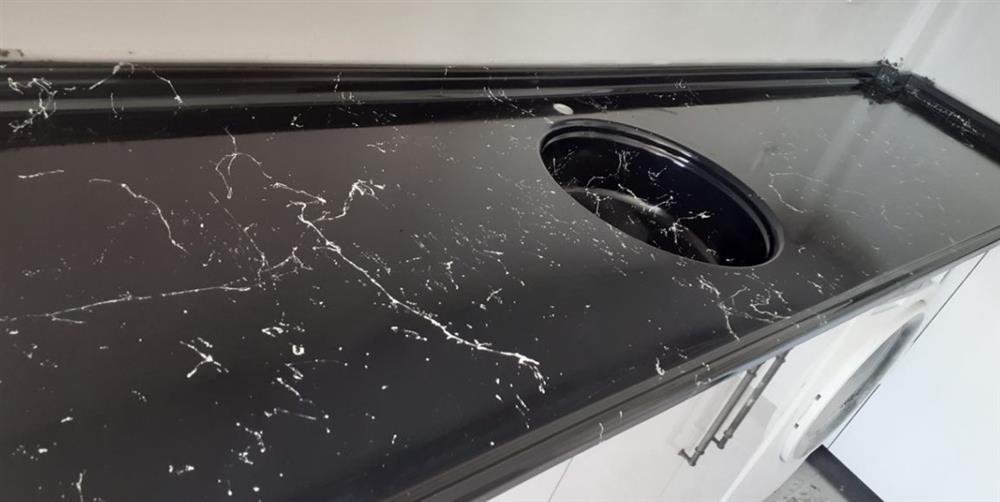
.jpg)
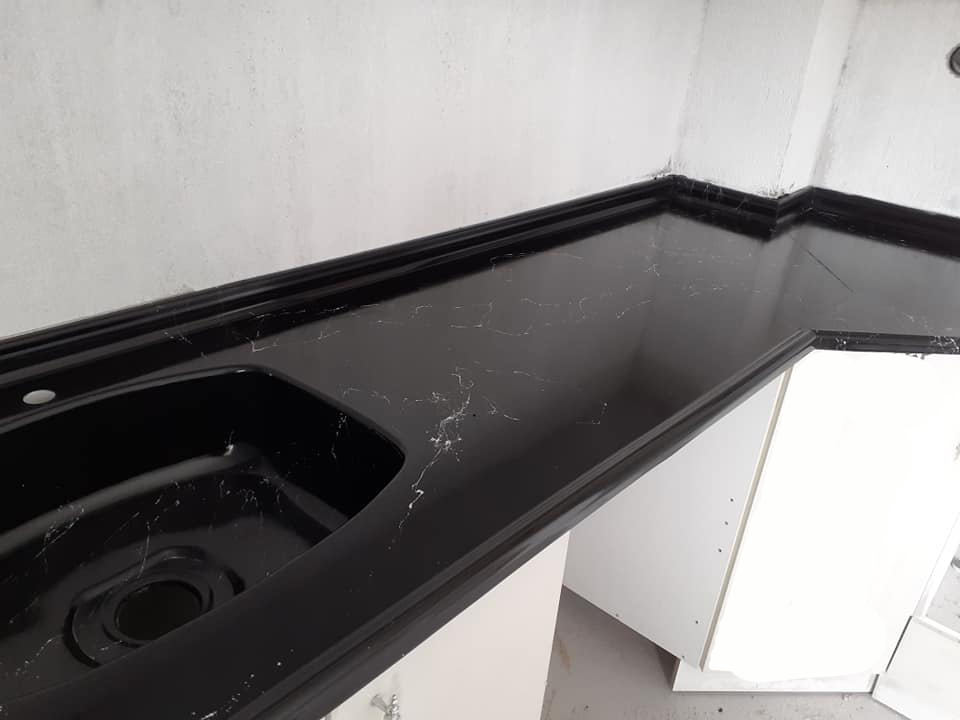
.jpg)
